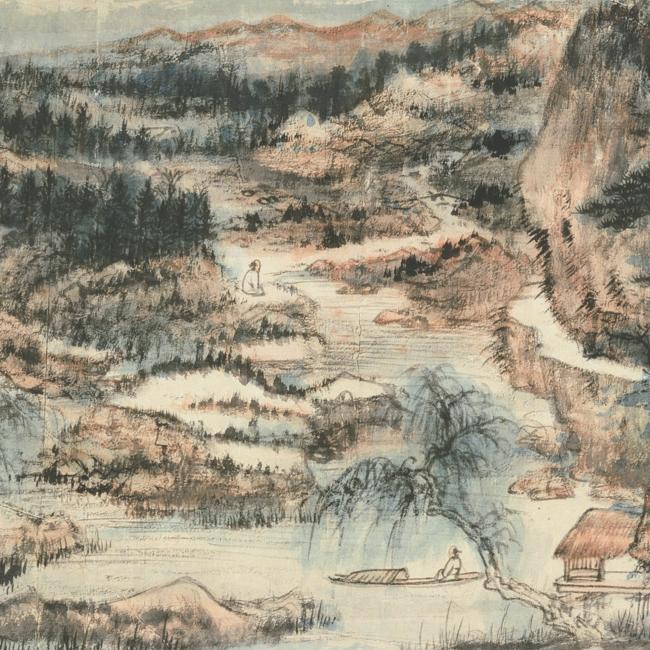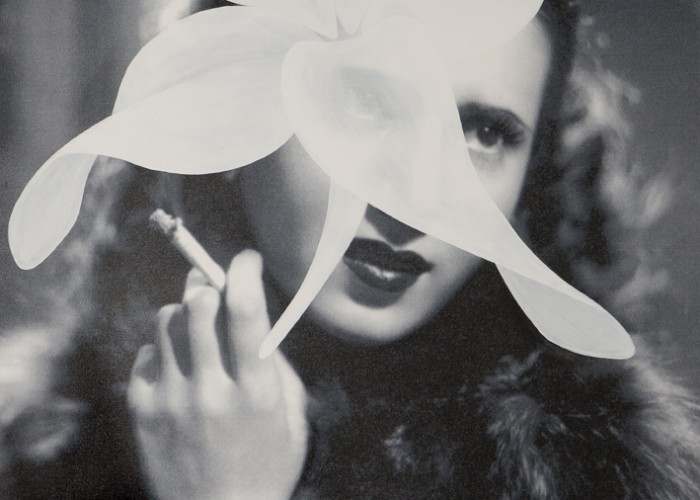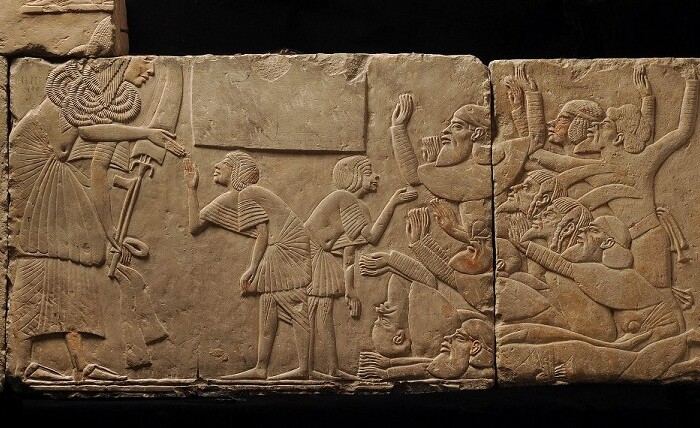A Mistake
Zheng Chouyu
translated by Qiaomei Tang
I traveled through the South Land
A longing face blooms and fades like the lotus flower with the seasons
The east wind is yet to arrive, the willow’s March catkins are waiting to fly
your heart is like the small, lonely, walled city
like an alley of blue-green cobbles facing the setting sun
the crickets are not crying, the windows are drawn in March
The hooves of my horse clatter — it’s a beautiful mistake
I’m not coming home, I’m only passing through
Image: Zhang Daqian, Sceneries of Jiangnan
[ + bar ]
Yolanda Castaño
“Aquí o que nos falla é que non nos sabemos vender”, queixábase seguido o teu patio de veciños; pero cando chegou para o quinto dereita aquel tipo que si o sabía... Read More »
Hegira
Adam Morris
Slakers shambled along the coasts, the brine in the breeze searing nostrils, lashing cheekbones and the edges of eyelids, whittling parts of faces to... Read More »
Good Enough for Jesus
Russell Scott Valentino
“If English was good enough for Jesus, it’s good enough for me.” —Texas Governor “Ma” Ferguson (apocryphal)
He doesn’t want to say the wrong thing. Who knows what... Read More »
Lions
Iosi Havilio translated by Andrea Rosenberg
And in the middle of the day came the night . . . Down the hill, all made of shadows, the Protagonist... Read More »








 sending...
sending...